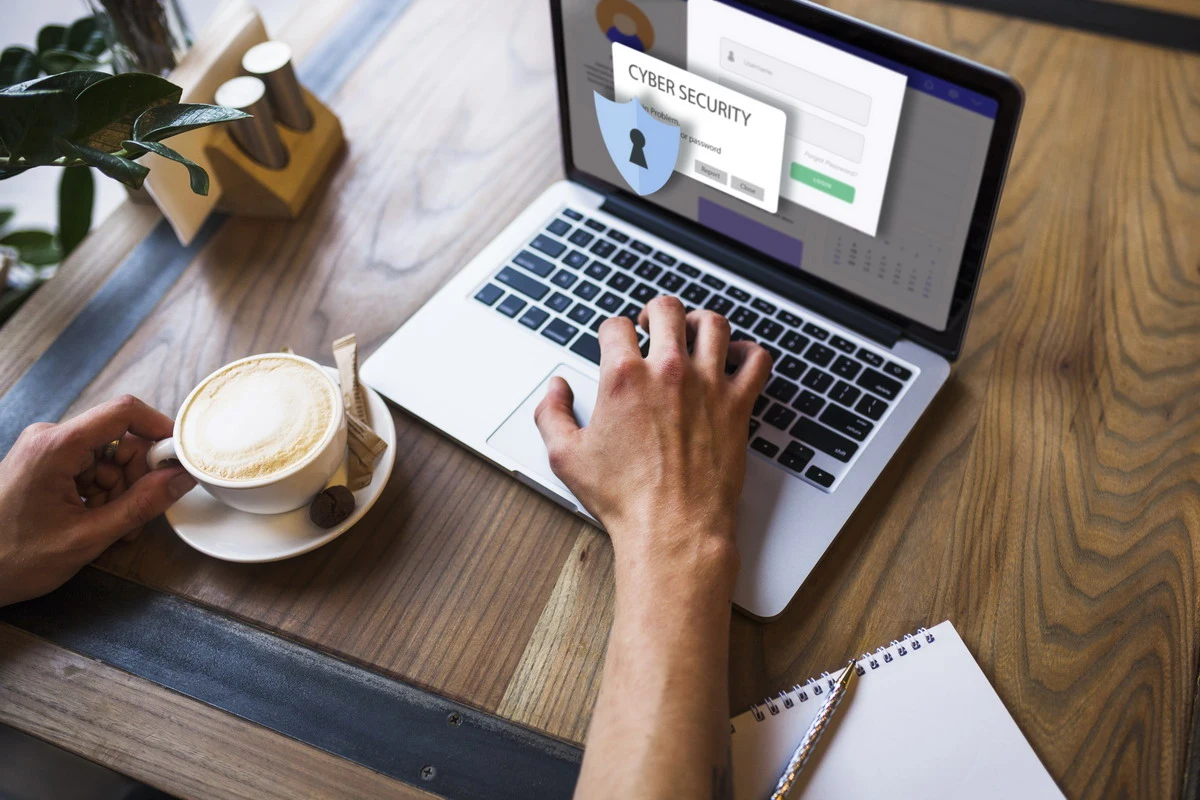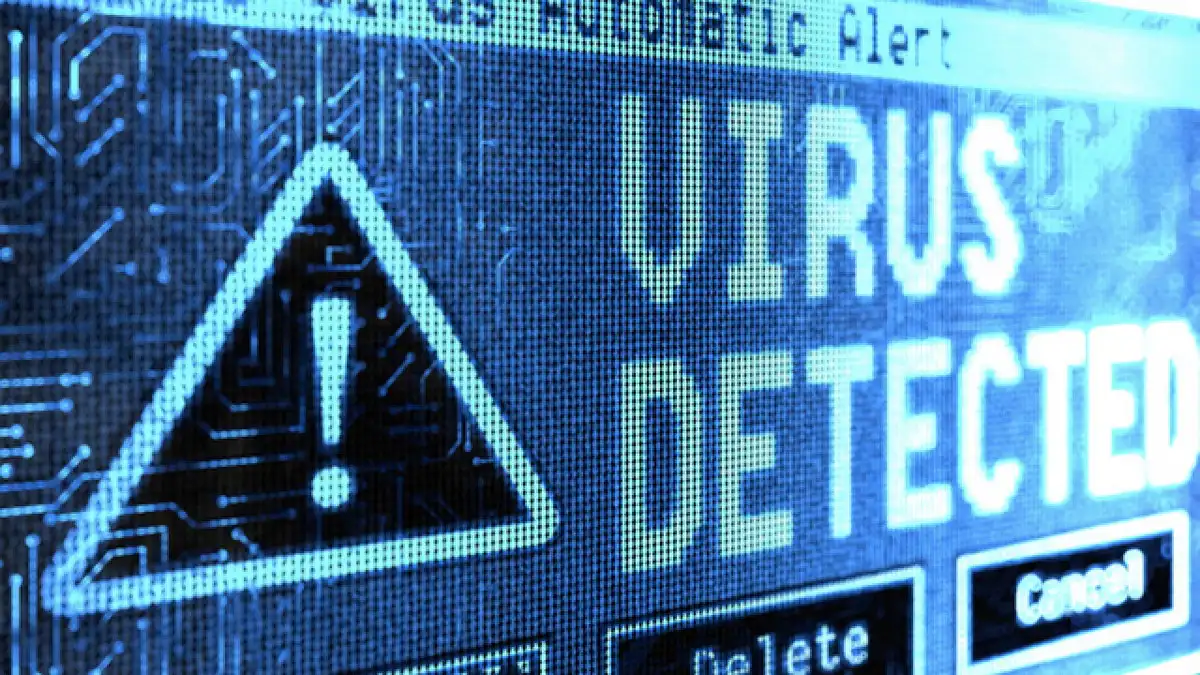Email viruses let hackers steal your information when you open an attachment file or a link in the body of a mail. They can also be used to launch Phishing attacks. It’s a very common tool for cyber crime. You must take some precautions when using email services in order to avoid infection.
The tips of these guide will help you to make sure the emails are legit before opening them. It’s a matter of training in detection of subtle differences. Hackers tend to use logos and structures similar to legit mails, but you can train the eye to detect the differences.

What to look to avoid email viruses
A false email steals your contacts profile photo or maybe the image of certain companies or social networks. They try to fool the user to steal personal information or even control over your computer or devices. False email detection is essential to avoid security breaches. The most important elements of email containing viruses include:
Address
The first clue to detect a false email is the email address. If it has strange symbols, lots of numbers or a mistaken letter, it’s probably a fake account. Several times the addresses are so strange that you can detect immediately that it’s from doubtful origins. It’s harder when the email address only has one changed character but looking carefully you can avoid even opening the mail with a single look.
Message and subject
You should also look at the subject of the mail and the body of the message. Email viruses tend to have grammatical errors and nonsensical phrases. A bad translation can also be a hint of false emails but hackers keep improving and nowadays the message may be grammatically perfect. Take into consideration the subject of the message and the correlation with the body of it.
Links and images
When you open an email, look for strange links or images in the body. They may introduce a screenshot to make it look as a written message, but in fact there’s a fake URL. When you click on it, you’re taken to a website where a Phishing attack may start. Never click on anything when opening a suspicious email. Email viruses are effective only if you open the link or download the file they hide.
The urgency factor
The hackers want you to worry and click without too much thinking. That’s why they tend to warn you of imminent danger. If you don’t click on the link your computer will explode or your contacts will be lost forever. Do exactly the opposite. Think carefully, check out the information and do not share any data with them.
Look for information online
Lots of email viruses are not unknown. Look for similar experiences in forums. If the users tell you that the email is false, it’s probably a true statement. Other victims may warn you if you take time to look for information. You can also contact the company directly to know if you are facing problems. If the email is about your telephone company, call them on the phone and corroborate the message. That’s the better way to avoid viruses in email attachments.


Do you have any questions or problems related to the topic of the article? We want to help you.
Leave a comment with your problem or question. We read and respond to all comments, although sometimes it may take a while due to the volume we receive. Additionally, if your question inspires the writing of an article, we will notify you by email when we publish it.
*We moderate comments to avoid spam.
Thank you for enrich our community with your participation!